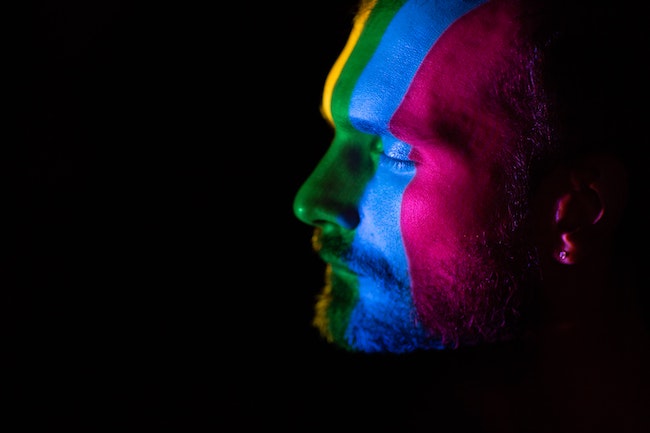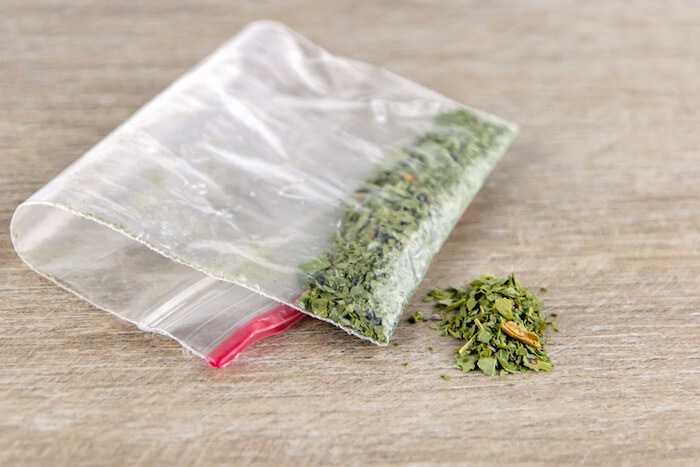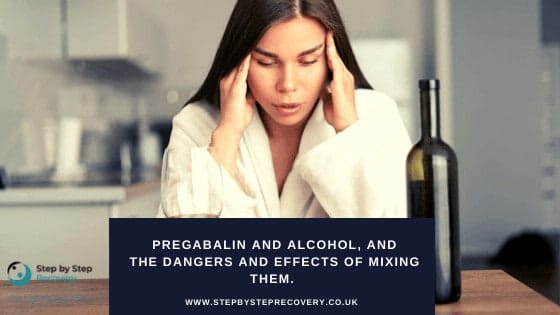This pride month, June 2022, is the 50th anniversary of pride, and tremendous strides have been made in the past 50 years toward recognising the issues the LGBTQ+ community faces. There have been many notable achievements, yet it is also essential to address the continuing progress we need to make.
Co-occurring Mental Health Disorders
Clinical depression, mood, and eating disorders are among the various co-occurring disorders that occur with substance abuse disorder (SUD). Internal conflict over their sexuality and the fear of rejection from loved ones and colleagues leads many members of the LGBTQ+ community to conceal their sexuality. This causes emotional distress and may contribute to high levels of stress and the development of mental health disorders.
Common psychological or emotional disorders present in the LGBTQ community involve:
- depression
- anxiety disorders
- personality disorders
- suicide attempts or self-harming.
Higher levels of mental health issues often make it more difficult for individuals of LGBTQ+ communities to seek addiction treatment. A recent study led by the University College Londo (UCL) in collaboration with the University of East Anglia has demonstrated a correlation between higher rates of depression and anxiety disorders and illicit drug use in the LGB population. The study found that the rate of depression and anxiety disorders and rate of illicit drug use was:
- 40% and 37% for bisexual individuals
- 28% and 25% for lesbian or homosexual individuals
- 16% and 10.5% for the heterosexual population.
LGBTQ+ Addiction Treatment Challenges
Challenges faced by the LGBTQ+ community are associated with higher rates of substance abuse when measuring rates in the population as a whole. This is widely considered to be linked with obstacles that often present daily, which typically do not impact heterosexual individuals. Key obstacles and challenges connected to LGBTQ+ individuals include:
- Social isolation
- Stigma or discrimination when using services
- Hate crimes, both nonviolent and violent
- Relationship issues and rejection from family or friends
- Loss of employment or negative impact on career prospects.
While LGBTQ+ individuals use many addictive substances, there is a higher incidence of chemsex addiction and illicit drug use, including cannabis, cocaine and heroin, than by heterosexual individuals. Drugs and alcohol are coping mechanisms that temporarily numb emotional distress, anxiety, and depressive thoughts. LGBTQ+ Individuals may also use substances to cope with difficult life situations that may arise from the death of loved ones, family conflict, or loss of employment.
A higher incidence of stigma and discrimination for transgender individuals means they are even more vulnerable. Research has shown a high prevalence of substance use among transgender individuals when compared with cisgender people. Additional sexual health and physical health challenges that may also contribute to barriers faced by LGBTQ+ individuals include;
- hypersexuality disorder
- chemsex
- Sexual dysfunction
- Sexually transmitted diseases or HIV-related anxiety
- Sexual assault or abuse.
This combination of societal and health-related problems also leads to increased fear about seeking addiction treatment. When combined with emotional distress, this creates multiple barriers to facing addiction problems and seeking treatment.
LGBTQ+ UK Addiction Support Services
Antidote offers online alcohol and drug drop-in clinics via Zoom.
Their helpline is run by and for the LGBTQ+ community 10 am to 6 pm, Monday to Friday
020 7833 1674 (ask for one of the Antidote team)
Gay & Sober LGBTQ+ alcohol addiction UK meeting finder
LGBT Foundation helpline 9 am to 9 pm, Monday to Friday
03453 30 30 30
LGBT HERO national health and wellbeing charity provides an online peer-support forum
Step by Step Recovery provides these resources for informational purposes only and does not endorse the organisations on this list.
Don’t Be Afraid to Get the Help You Need
Here at Step by Step Recovery, we all feel concerned about the continuing rise of substance use disorders in the LGBTQ+ community and recognise the multiple challenges and obstacles to seeking addiction treatment. In addition to providing residential rehab for a range of addictions, we offer treatment specific to chemsex addiction. If you are LGBTQ+ or want to seek help for a loved one who identifies as LGBTQ+, please call us for more information about entering residential rehab. Seeking treatment takes courage and we provide free advice and help to anyone who wants to break free from addiction.
Step by Step Recovery exists to help individuals beat drug addiction permanently, providing support to the people we treat and their friends and family. Please complete our online assessment form or call our understanding team on 0800 170 1222 for free, confidential advice to help you or a loved one.




